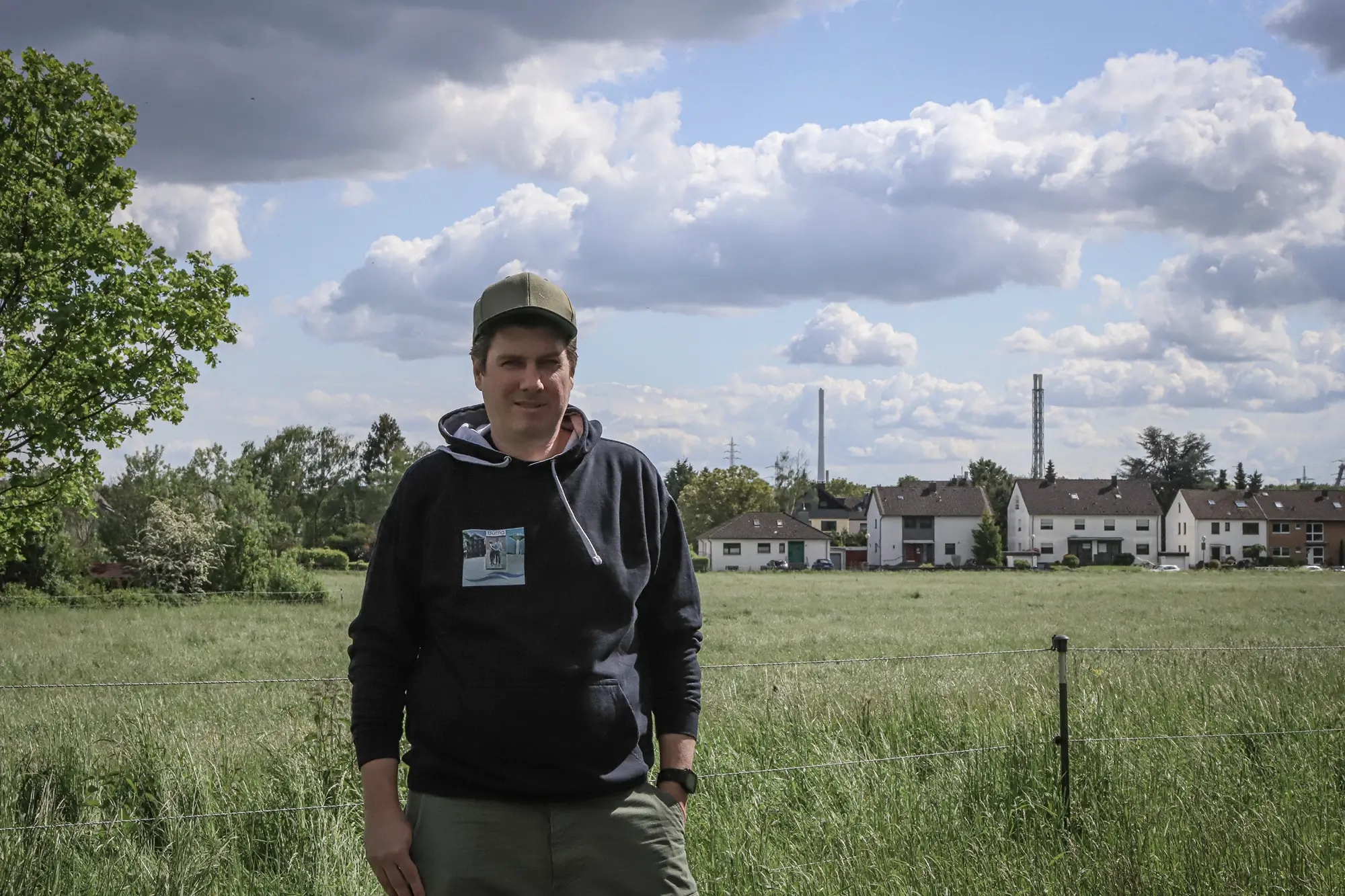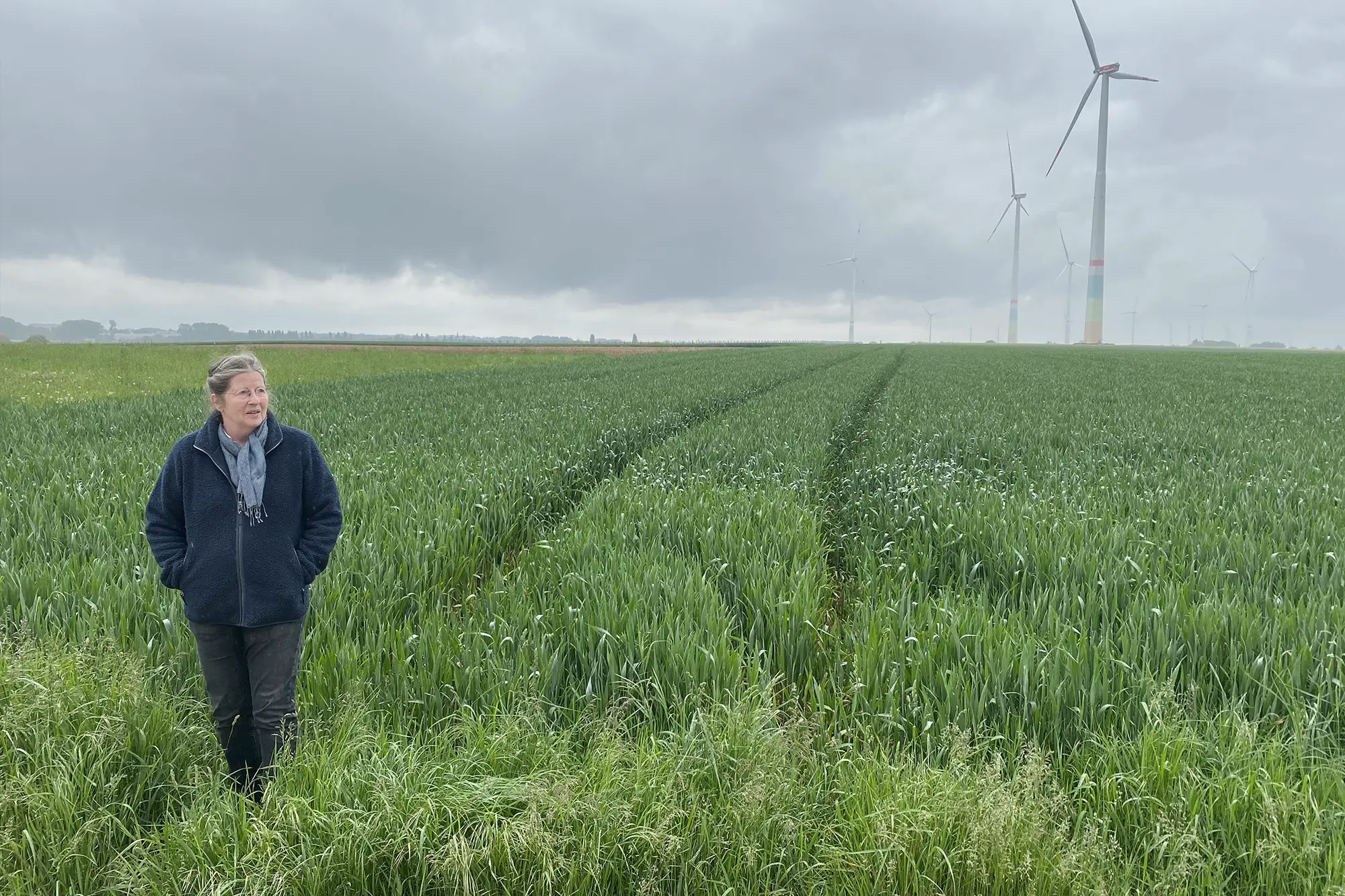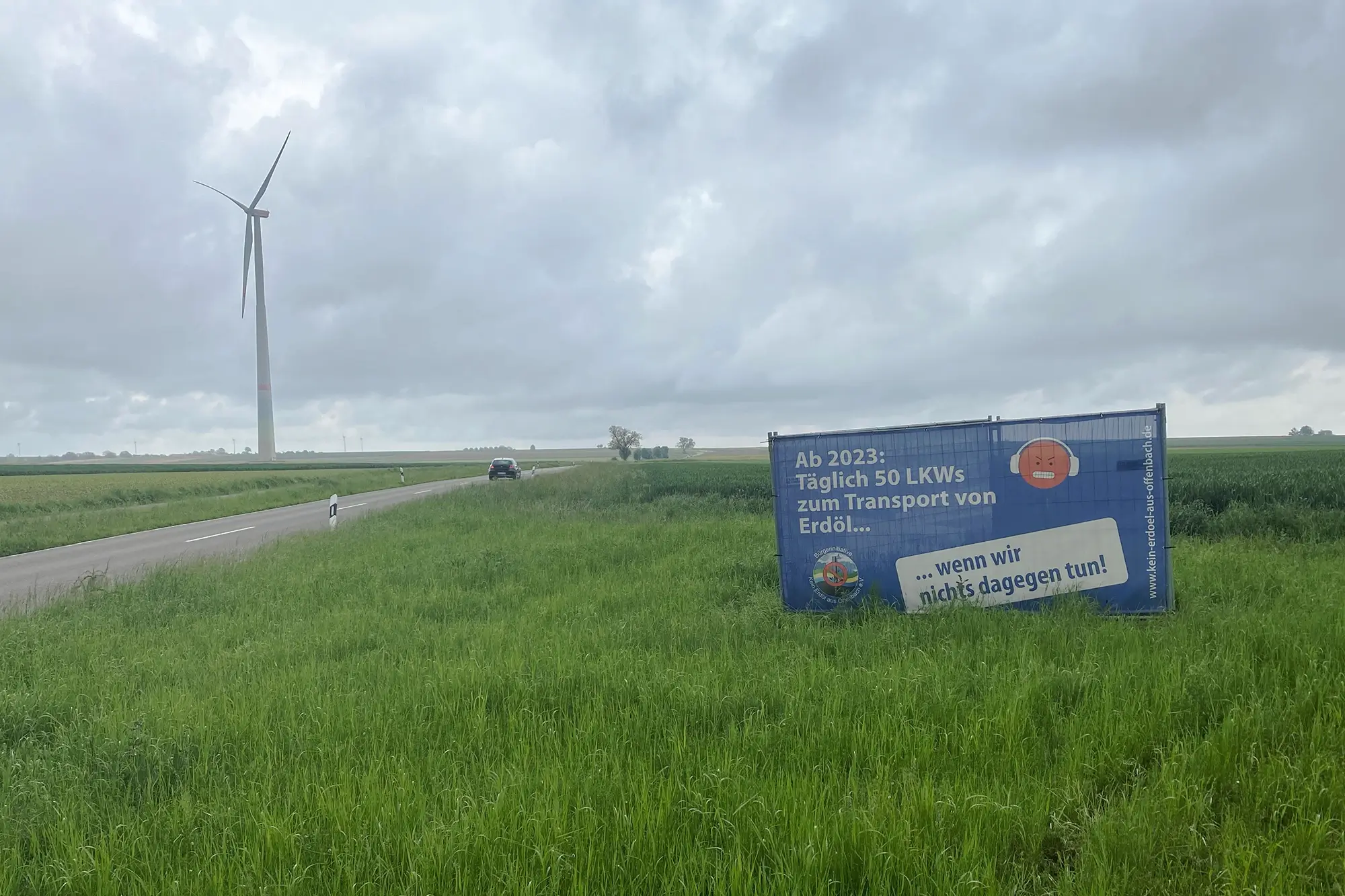July 10, 2023
Benjamin Roth and Alix Otten don’t know each other, don’t speak the same language, and they live almost 700 kilometres apart. But they are connected through a business which deals with unimaginable sums of money – and neither of them had the faintest idea about it until recently. One is affected by the business because the chemical company Currenta is polluting his garden in Leverkusen, Germany. The other because her pension is in part financed by this chemical company. Our research makes the connection between these two people – and many others – visible. In different ways they are tied to ever-growing pension funds that invest millions and billions of dollars all over the world – often in corporations that prop up the fossil fuel industry.
In order to be able to pay out large amounts of money, pension funds are increasingly investing money in shares, real estate and private equity funds. But where does this money, in which we are investing our retirement hopes and dreams, actually come from? In the financial jungle of international markets, the fact that our pensions are in part fuelling industries that are harmful to the climate is often obscured.
CORRECTIV has traced some of the international routes pension money takes. Only recently, we were able to make transparent the German federal states’ investments in foreign fossil fuel corporations such as BP and TotalEnergies.
Now, thanks to collaborative research with international and local partners, CORRECTIV can show that the system also works the other way around: pension funds from the US, Canada and the UK invest their money in German chemical corporations, German oil drilling fields and fossil fuel companies – to the annoyance of some of their unwitting investors.





